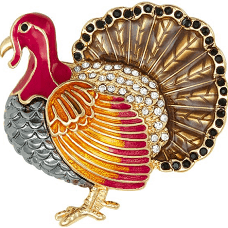- Bill Glass

- Dec 16, 2021

Cutting passages out of a draft manuscript is one of the toughest things writers do. What truly hurts is spending hours on editing a portion of a book, getting it just right, and then deciding that part can be dispensed with.
My novel, As Good As Can Be is heavily autobiographical. I'm often asked about real-life episodes that didn't make it into the final draft. Of course there are a large number of them otherwise the book length would be out-of-control.
One crazy episode from my childhood that came close to being included in As Good As Can Be occurred in 1955 when my family traveled to Europe on the SS United States. On the last night of the voyage, my parents were invited to dine at the captain's table. They left my sister, then 11, in charge of her four younger siblings. We played nicely until eleven or so. That’s when the fighting started.
After a storm of complaints from passengers in neighboring cabins, the deck steward tried but couldn’t stop the mayhem. He called on a ship’s officer who also failed to halt the effusion of blood. The officer reluctantly went to the first-class dining room for a word with the captain, who then asked my father, Colonel Glass, to restore order.
During dinner, my father had been charming the socks off of a Duchess (or so he claimed) and was so irate at being interrupted that he kept us children up for the rest of the night. This meant we were all asleep later that morning when the ship made a brief stop to let passengers off in Liverpool. Dad was still awake, however, and went ashore. Later he rubbed it in that he saw England and we didn’t. The ship landed in Bremerhaven that evening, and the Glass family spent the next four years in Germany.



